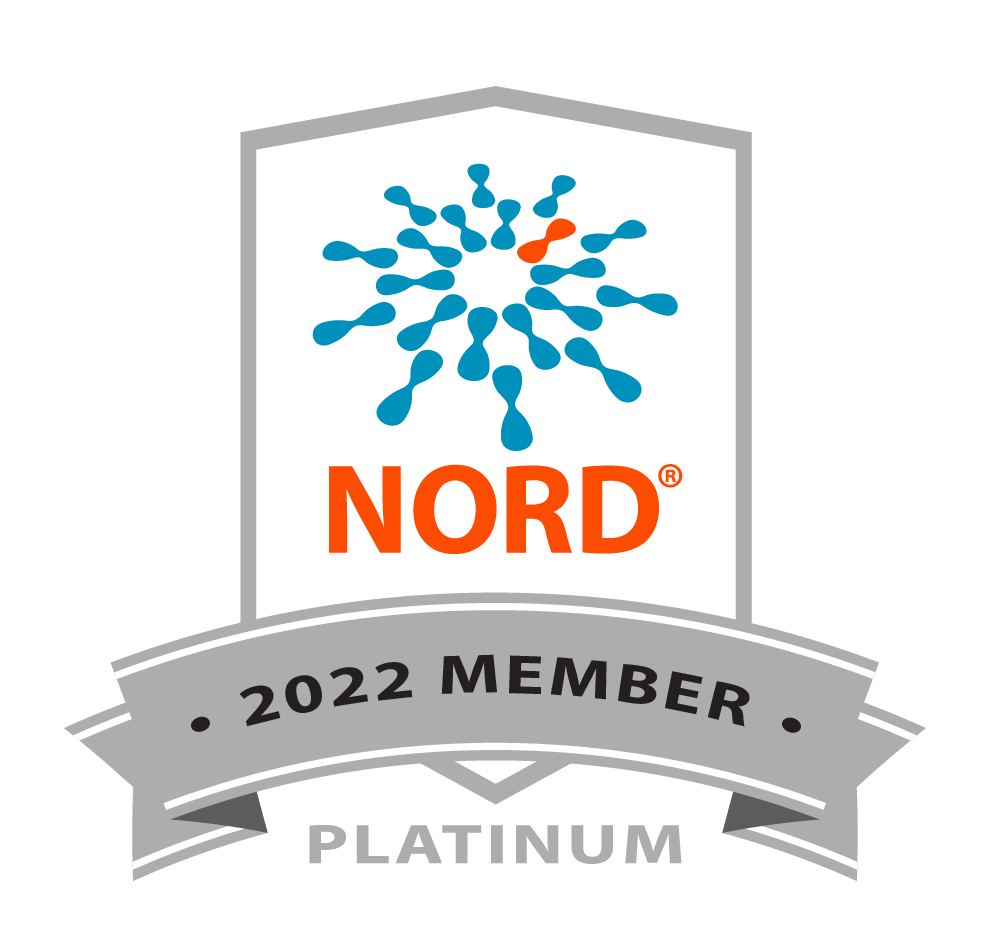20 Tough Words with Robert A. Sandhaus, MD, PhD, Clinical Director of the Alpha-1 Foundation
Duration: 25:27
Richard Lovrich leads the conversation about the 20 tough Alpha-1 words. Within the virtual world, Alphas are invited to join the scientific workshops that are hosted by the Alpha-1 Foundation and other organizations. These discussions often bring up many new words for the attendees. Join Dr. Sandy Sandhaus, the Clinical Director for the Alpha-1 Foundation, for this podcast as he explains these tough words. Everyone will learn something new from this episode! Thank you Chelsea Boring, Lisa Kosak, Fred Walsh, and Bart Flook!











